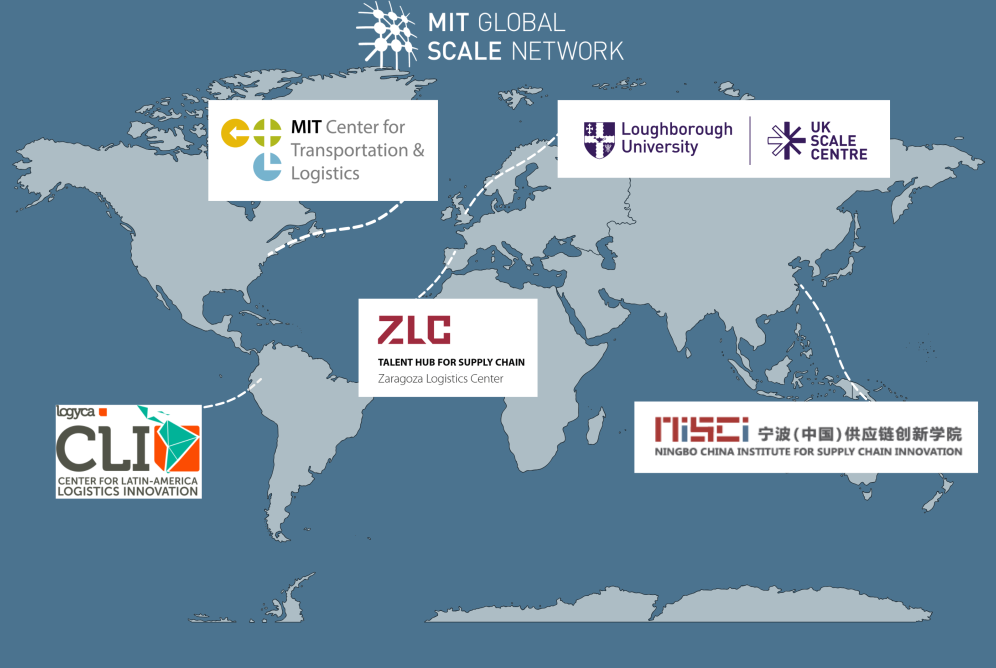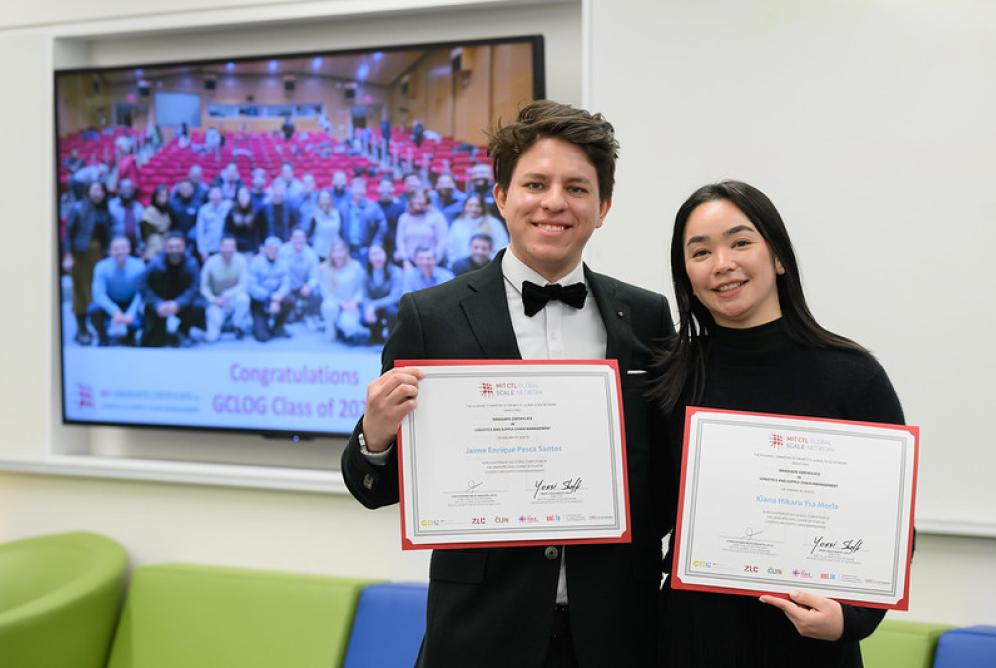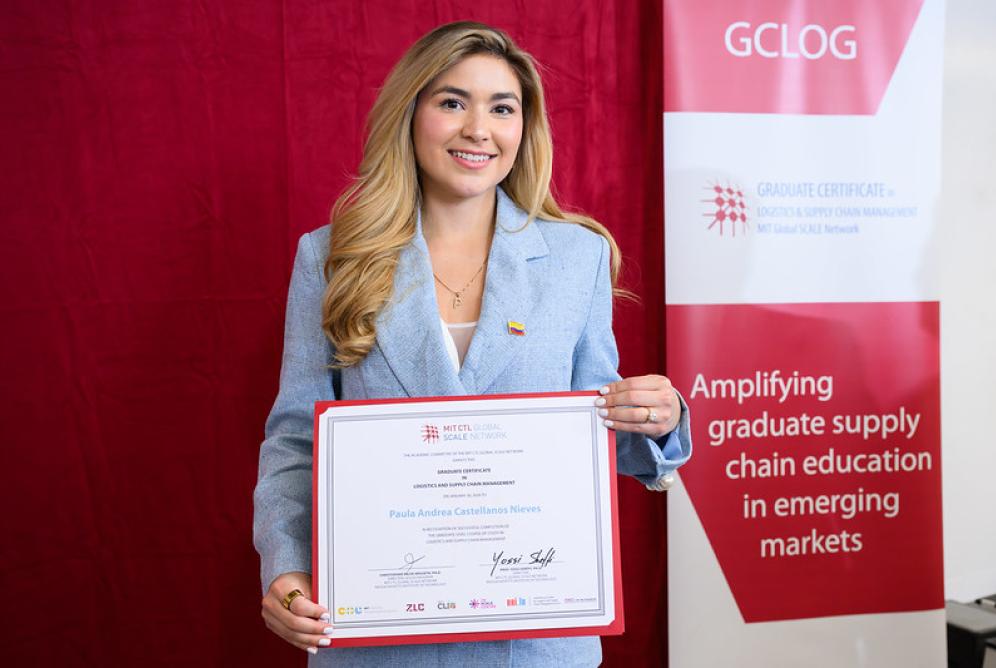The MIT Global Supply Chain and Logistics Excellence (SCALE) Network is an international alliance of leading research and education centers dedicated to advancing supply chain and logistics excellence through innovation, collaboration, and real-world impact.
Spanning four centers across four continents, SCALE brings together students, researchers, and faculty to educate future supply chain leaders, conduct applied research and work closely with industry partners to solve complex global challenges.
SCALE by the numbers
MIT Global SCALE Network centers:
MIT Center for Transportation & Logistics (MIT CTL): USA
The anchor. The origin. The connector.
MIT CTL is where the SCALE Network began, and where much of its research agenda is shaped. Based at MIT, CTL brings together advanced analytics, emerging technologies, and industry collaboration to address the toughest supply chain challenges. It serves as the intellectual backbone of the network, connecting research, education, and practice at a global scale.
Zaragoza Logistics Center (ZLC): Spain
European depth with global reach.
Founded in 2003 as the first SCALE center, ZLC sits at the crossroads of European logistics. Known for its strong industry ties and applied research, ZLC prepares professionals to lead complex, international supply chains — combining academic rigor with real-world execution in one of Europe’s most connected logistics regions.
Center for Latin-American Logistics Innovation (CLI): Colombia
Supply chain innovation, grounded in regional reality.
CLI brings the SCALE model to Latin America, focusing on the region’s unique economic, infrastructure, and market dynamics. Through applied research and education, the center bridges global supply chain theory with on-the-ground insight, helping organizations strengthen resilience, efficiency, and growth across Latin America.
UK SCALE Center (LBORO): Loughborough
Supply chain leadership through a business lens.
Housed within Loughborough University’s School of Business and Economics, the UK SCALE Center brings the SCALE Network’s supply chain expertise into a management and leadership context. The center focuses on how organizations design, lead, and transform supply chains, thereby connecting rigorous research with the real-world decisions faced by business leaders.
Ningbo China Institute for Supply Chain Innovation (NISCI): Ningbo
At the heart of global trade.
Located in Ningbo, home to the world’s busiest port, NISCI focuses on supply chains at massive scale. The center integrates research, education, and industry collaboration to advance logistics innovation in China, offering a front-row view into global trade flows, port operations and supply chain transformation.


